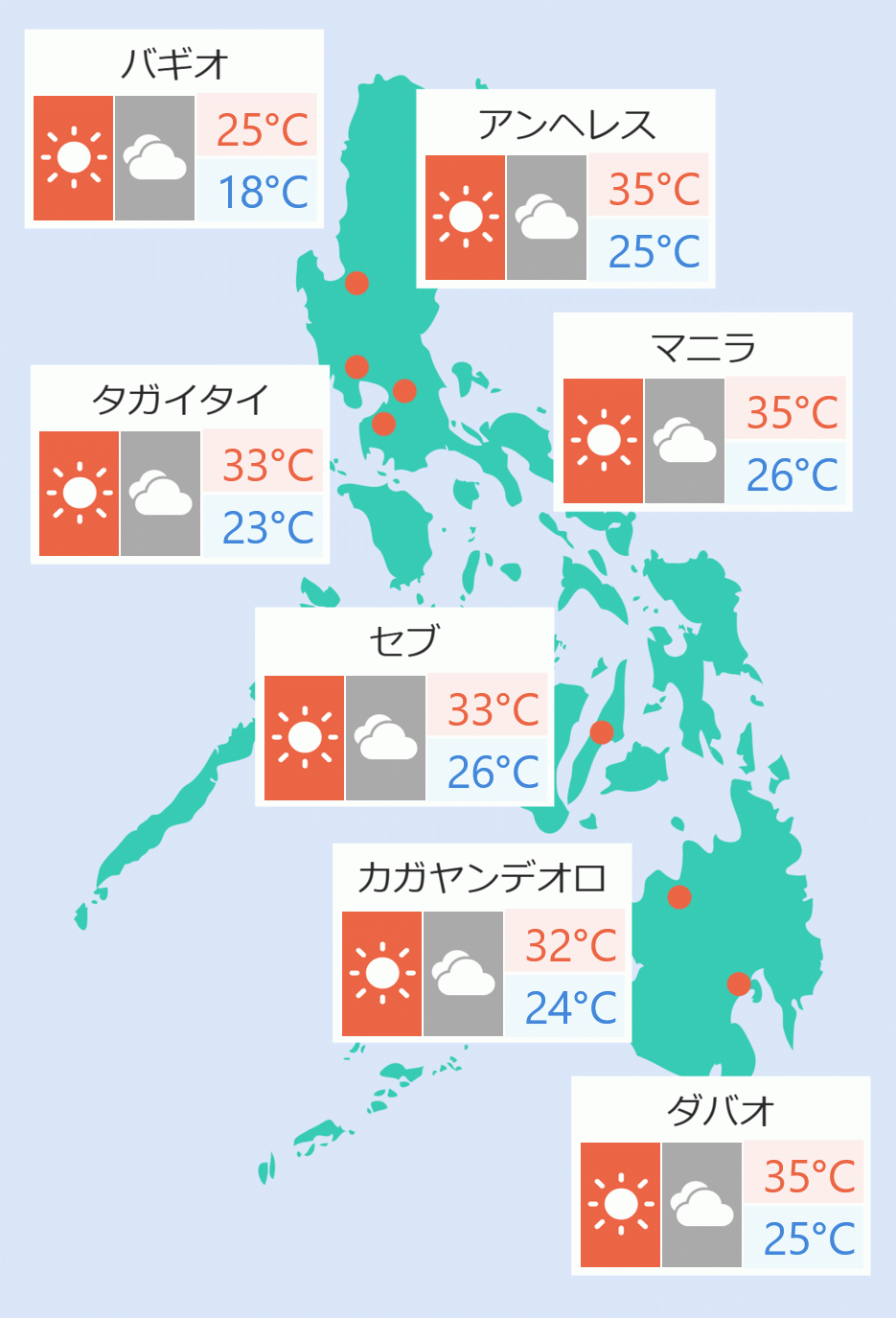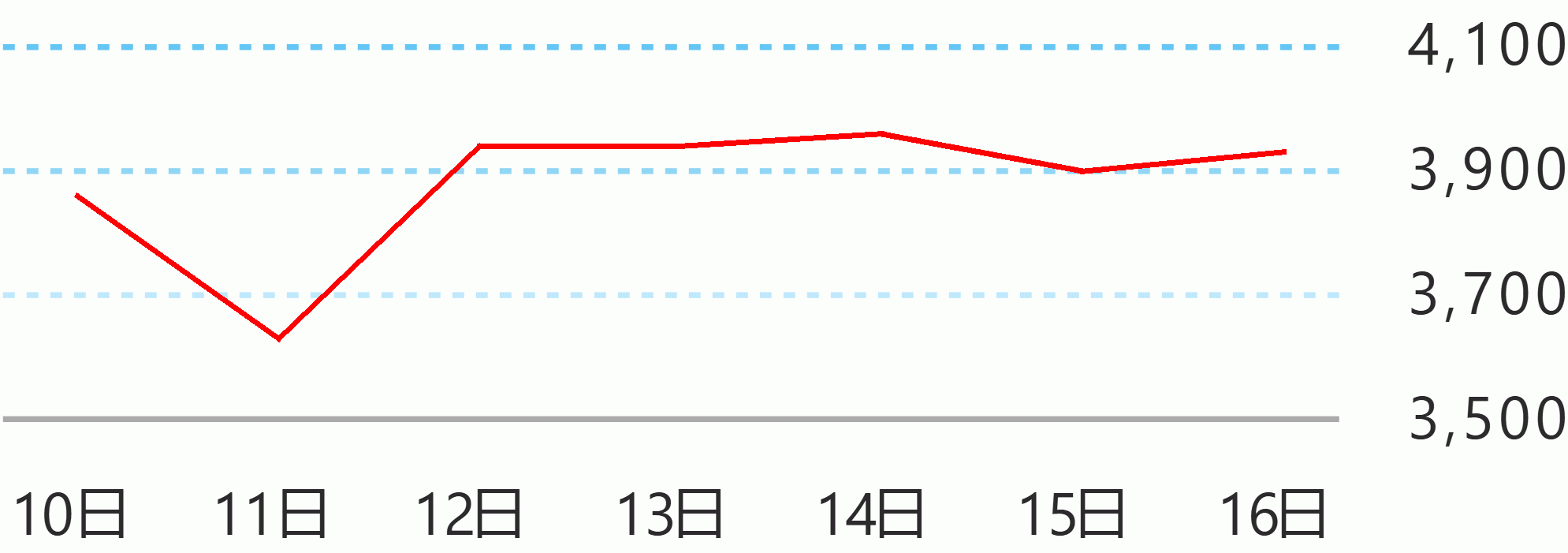President Ferdinand Marcos Jr. on Tuesday cited the government’s aggressive push to develop the Luzon Economic Corridor, potentials in the renewable energy sector, and the ongoing digitalization initiatives.
Addressing the 6th Indo-Pacific Business Forum (IPBF) in Taguig City, President Marcos said upgrading Luzon island’s infrastructure is essential in enhancing and empowering the workforce and facilitating the smooth flow of goods and services.
“We have earmarked key projects to spur growth in the Luzon Economic Corridor, creating strategic connections between Subic, Clark, and the Calabarzon region, a prime location for export-manufacturing firms,” Marcos told the forum.
“These initiatives will enhance freight transport services, mobility, and access to key economic zones, ensuring business continuity and positioning the Philippines as a regional hub for agribusiness and logistics in the Asia-Pacific," he pointed out.
The President also delved on the Philippines’ renewable energy (RE) potential, noting there are over 491,821 megawatts from sources like geothermal, hydropower, solar, and wind, that are ready to be harnessed.
Also, recent amendments to the Renewable Energy Act allow 100 percent foreign ownership of RE sources, making the country an attractive destination for clean energy investments.
“We intend to tap this vast potential as we target to increase the share of renewables in our power generation mix from the current 22 percent to 50 percent by the year 2040,” said Marcos.
At the same time, he said the Philippines is also embracing digital transformation, with a government-led strategy to enhance digital infrastructure, connectivity, and business facilitation.
With micro, small, and medium enterprises (MSMEs) at the heart of the Philippine economy and for the economies in the Indo-Pacific, Marcos said his government is equipping them with necessary tools to become sustainable businesses.
“We believe that Indo-Pacific investors have the potential to contribute significantly to the expansion of such businesses,” he pointed out.
“The Philippines also offers a strategic location with a robust experience and record in the IT-BPM competencies and a strong direction towards upgrading Business Process Outsourcing into Knowledge Process Outsourcing such as market intelligence, business analytics, legal services, and AI, among others,” he said.
Furthermore, the Philippines can serve as a platform for companies to access the more than 600 million-strong Southeast Asian consumer market, he added.
And with the country’s proximity to these growing economies, companies can enter other supply chains and be part of inter-country economic systems, creating more opportunities for collaboration and partnerships. Presidential News Desk




 English
English











